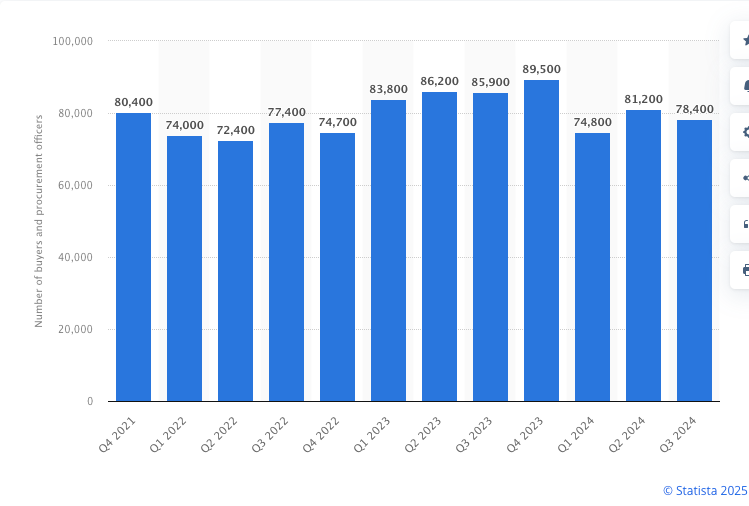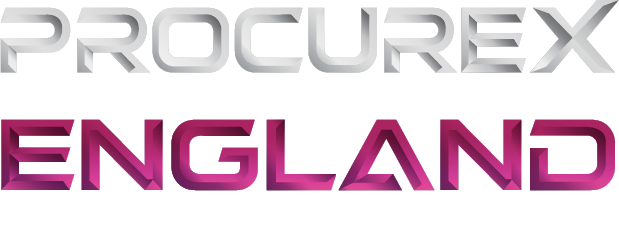Global headlines are no longer just background noise—they’re changing how procurement teams operate. From the war in Ukraine and US trade tariffs to the long-tail effects of COVID-19 and global inflation, procurement strategies these days are being shaped by forces well beyond the UK’s borders.
Public procurement professionals now witness that supply chains are more fragile, timelines less predictable, and price stability is a luxury. Whether you’re overseeing procurement for local government infrastructure or sourcing services for NHS trusts, staying ahead means rethinking the entire approach to buying—especially as new risks emerge on a global scale.
Why Global Events Matter More Than Ever?
Global events, whether they are geopolitical, economic, health-related, or environmental are increasingly rewriting the rules of public procurement.
These aren’t one-off disruptions. They’re systemic shocks that expose weaknesses, test resilience, and demand more innovative, more flexible procurement models.
The war in Ukraine, for example. It caused widespread energy price spikes and disrupted access to raw materials like steel and grain. Moreover, COVID-19 put the entire world on hold and showed just how unprepared many supply chains were for a health emergency of that scale.
US-China trade tensions have further complicated access to technology and manufacturing goods, while climate-related disasters such as floods, droughts, and wildfires are straining global logistics and resource availability.
In 2023, extreme heatwaves across Europe and flooding in Asia caused transport delays, timber shortages, and delivery disruption. All of these factors impacted material access and project timelines for UK buyers who rely on global suppliers. These environmental shocks are no longer rare—they’re recurring factors public procurement must now plan for.
For UK contracting authorities, this means business as usual isn’t good enough. Risk assessments, supplier diversification, and data-led decision-making are now core parts of every tender. With the Procurement Act 2023 into play, the pressure is to be both transparent and agile.
The New Procurement Mindset
Procurement has become less about chasing the lowest cost and more about building resilience. That shift is driven by a few hard-learned lessons from the last few years:
- Your supplier’s supplier matters: A delay on the other side of the world can shut down a UK housing project.
- Contingency plans aren’t optional: Whether it’s energy, healthcare, or transport, every contract needs backup routes, stockpiles, and flexibility.
- Policy is getting tighter: Public buyers are expected to factor in not just value for money but also social value, sustainability, and ethical sourcing—even during a crisis.
What worked pre-2020 won’t cut it anymore. Modern procurement must be faster, more informed, and more collaborative—because when the next global disruption hits (and it will), the strongest teams will be the ones that planned for it.
The Global Event Reshaping The Procurement Processes: A Closer Look
Between economic shocks, border politics, and public health emergencies, the planning process for local government and national bodies has been anything but stable. Procurement professionals—whether in the private sector or working with public sector contracting authorities—have had to overhaul how they assess suppliers, budgets, and timelines.
Here’s how the world’s chaos is now baked into your procurement to-do list:
Economic Fluctuations & Market Volatility
When inflation hits or currency rates swing, your carefully budgeted tender turns into a moving target. Risk management becomes the star of the show, with buyers scrambling to keep costs under control without compromising service delivery.
The National Procurement Policy Statement now calls for value beyond price—and that means thinking beyond short-term savings to long-term sustainability. From steel to stationery, price unpredictability is now part of the procurement puzzle.

Source: Statista
Geopolitical Conflicts & Trade Dynamics
Brexit was just the warm-up. Trade wars, sanctions, and regional instability have created a ripple effect that’s impossible to ignore. For local governments, this means sourcing closer to home or navigating complex international rules.
Procurement teams are rethinking global supplier networks, and private sector partnerships are being leveraged more strategically than ever.
It’s not just about buying—it’s about building smarter, politically aware relationships that can weather a global storm.
Health Crises & Systemic Shocks
COVID-19 exposed just how fragile our supply chains were—and taught the public sector a crash course in agility. From PPE shortages to delayed infrastructure projects, project planning was turned on its head.
Today, crisis-ready procurement means tighter supplier vetting, emergency stockpiling plans, and faster response mechanisms.
The goal? Create systems that flex fast without breaking. And that mindset has permanently reshaped the rules of procurement—especially for those aligning with the National Procurement Policy Statement and future-facing policies.
What Are The Challenges & Policy Responses?
From disrupted deliveries to shifting compliance rules, procurement elements like pricing, planning, and timelines now need constant recalibration.
But with challenge comes new opportunities—especially for events teams and public contracts looking to future-proof their procurement strategies.
Supply Chain Disruptions & Risk Exposure
When one supplier goes down, the dominoes can fall fast. From venue materials for events teams to tech for local councils, a lack of visibility can derail the entire chain.
Modern procurement needs built-in buffers: alternate vendors, stock reserves, and risk audits to keep public contracts moving, even in a crisis.
Regulatory Adjustments & Policy Shifts
The Procurement Bill and Procurement Act aren’t just legal updates—they’re a wake-up call. With transparency, accountability, and flexibility at the centre, contracting authorities must now adapt faster and smarter.
These shifts are creating new opportunities for agile vendors and opening doors for more inclusive supplier pools.
Rise Of Ethical Sourcing & Sustainability
Procurement is no longer just about the cheapest bid. Social value, ethical labour, and carbon reduction are becoming non-negotiable procurement elements.
For public sector buyers, this offers a chance to reconsider priorities and partner with suppliers who align with broader sustainability goals, without compromising on performance.
Procurement Strategies For The Future
The role of a procurement director today isn’t just about managing spend—it’s about leading transformation. With global uncertainty now baked into everyday operations, central government bodies and local authorities alike are rethinking how they buy, who they buy from, and why.
One major shift? Giving small businesses more opportunities to win public contracts, especially as the Cabinet Office continues to champion supplier diversity and social value. Forward-looking procurement strategies are now built around agility, transparency, and resilience.
Embracing new technologies—from e-tendering tools to AI-powered risk assessments—is no longer a nice-to-have; it’s a must. These tools help streamline workflows, identify vulnerabilities early, and support smarter decision-making across departments.
In short, the future of procurement in the UK will belong to teams that are digitally equipped, socially responsible, and flexible enough to roll with whatever the world throws next.
The Bottom Line
Procurement in the UK isn’t just evolving; it’s being reshaped by forces way beyond our borders. Economic shocks, global health emergencies, and political tensions aren’t just news headlines anymore—they’re influencing every tender, every timeline, and every supplier relationship. For public sector contracting authorities and procurement professionals, adapting fast isn’t optional—it’s survival.
But here’s the opportunity: these global disruptions are forcing better systems, more innovative tech, and more inclusive strategies. Whether you’re managing community projects or multimillion-pound public contracts, the shift is happening—from rigid playbooks to agile, future-proofed procurement.
With the Procurement Act and Cabinet Office reforms backing innovation, there’s a real chance to build something more substantial. The takeaway? Global events are shaping UK procurement—but they don’t have to break it. The most innovative teams will treat this as a wake-up call, not a setback.
Reassess your procurement strategy, explore new technologies, and partner with small businesses. Because those who adapt now won’t just survive—they’ll lead. Ready to lead the change?



